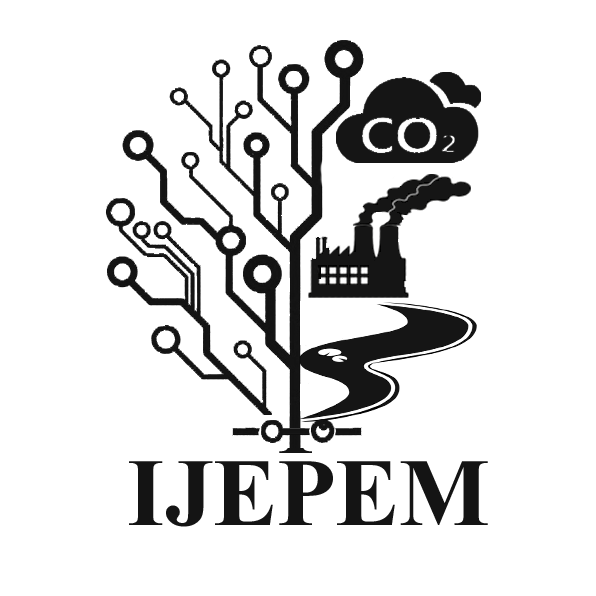
International Journal of Environmental Pollution and Environmental Modelling
New Design for Charging Section of Electrostatic Precipitators Using Thermocouple Principle for Air Pollution Control
Yazarlar: Ganesa Moorthy C., Rajkumar G., Sekar S.
Cilt 1 , Sayı 4 , 2018 , Sayfalar 116 - 119
Konular:Çevre Mühendisliği
Anahtar Kelimeler:Air pollution control,Electrostatic Precipitator,Thermocouple
Özet: Classical designs for electrostatic precipitators in industries use high voltage current. A new design is proposed for charging sections by using properties of materials used for thermocouples. This design uses materials which are being used for thermocouples in constructing champers of electrostatic precipitators. This design does not require high voltage current.
ATIFLAR
Atıf Yapan Eserler
Sonuçların tamamını görmek için Asos İndeks'e üye bir üniversite ağından erişim sağlamalısınız. Kurumunuzun üye olması veya kurumunuza ücretsiz deneme erişimi sağlanması için Kütüphane ve Dokümantasyon Daire Başkanlığı ile iletişim kurabilirsiniz.
Dergi editörleri editör girişini kullanarak sisteme giriş yapabilirler. Editör girişi için tıklayınız.
Dergi editörleri editör girişini kullanarak sisteme giriş yapabilirler. Editör girişi için tıklayınız.
KAYNAK GÖSTER
BibTex
KOPYALA
@article{2018, title={New Design for Charging Section of Electrostatic Precipitators Using Thermocouple Principle for Air Pollution Control}, volume={1}, number={4}, publisher={International Journal of Environmental Pollution and Environmental Modelling}, author={Ganesa Moorthy C.,Rajkumar G.,Sekar S.}, year={2018}, pages={116–119} }
APA
KOPYALA
Ganesa Moorthy C.,Rajkumar G.,Sekar S. (2018). New Design for Charging Section of Electrostatic Precipitators Using Thermocouple Principle for Air Pollution Control (Vol. 1, pp. 116–119). Vol. 1, pp. 116–119. International Journal of Environmental Pollution and Environmental Modelling.
MLA
KOPYALA
Ganesa Moorthy C.,Rajkumar G.,Sekar S. New Design for Charging Section of Electrostatic Precipitators Using Thermocouple Principle for Air Pollution Control. no. 4, International Journal of Environmental Pollution and Environmental Modelling, 2018, pp. 116–19.